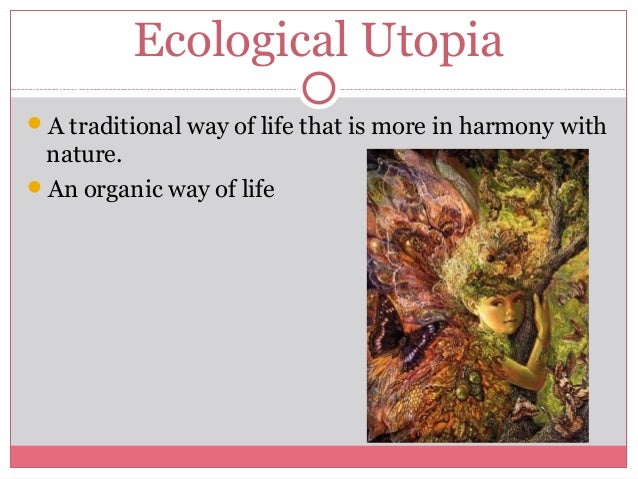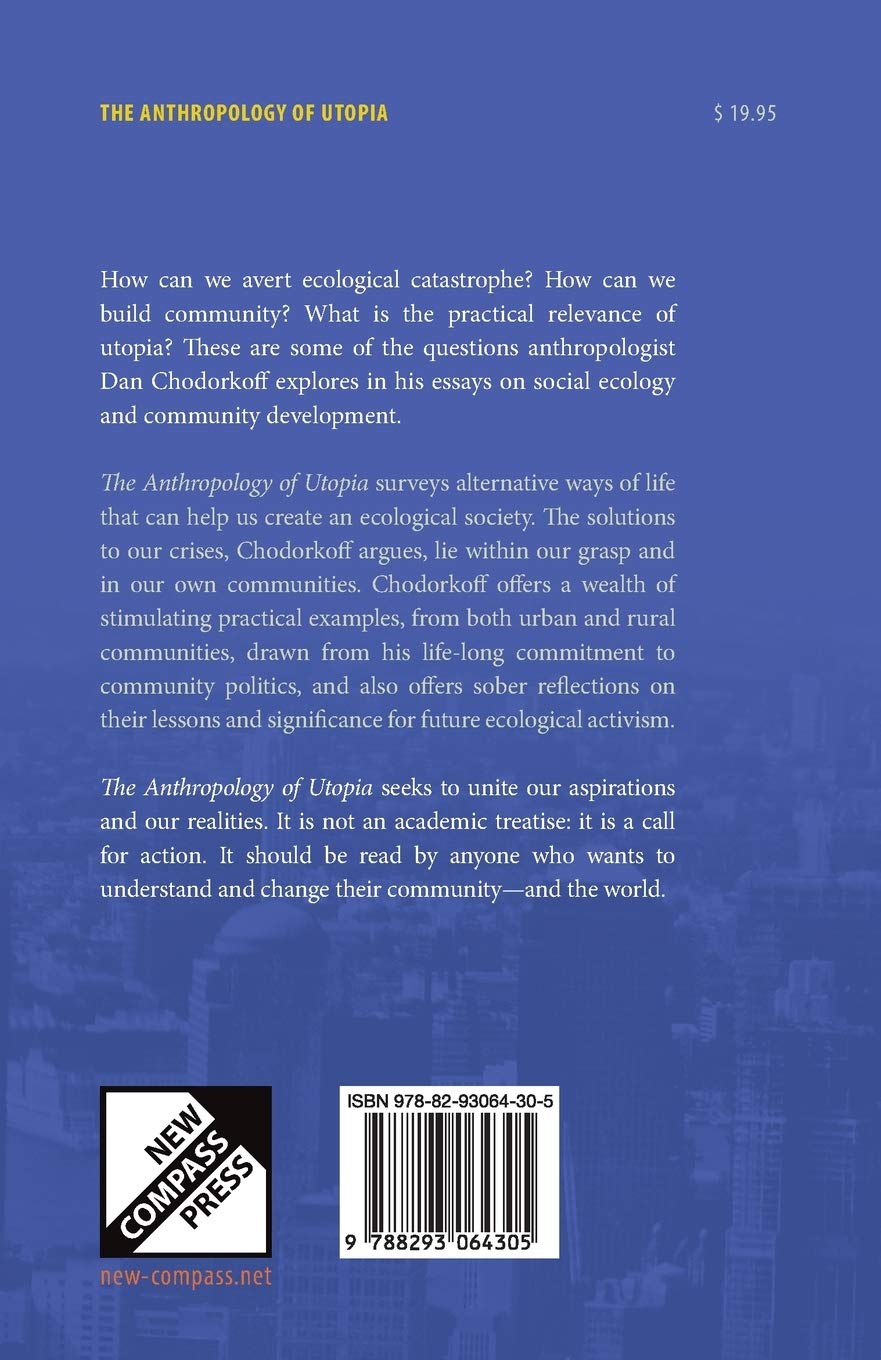Ecological Utopia Examples

Utopia and no other was responsible for the powerful and violent transformations on the earth s landscape leading to the present ecological and environmental crisis.
Ecological utopia examples. The three 1970s ecological utopias under scrutiny ernest callenbach s ecotopia. A study of three literary utopias in the 1970s chang hui chuan abstract ecological utopia is a subgenre in the sphere of utopian literature. Free essays homework help flashcards research papers book reports term papers history science politics. If the idea of doomsday is scary enough seeing the dramatized scenes of ecological dystopia through books and movies can be even more thrilling.
The notebooks and reports of william weston is a utopian novel by ernest callenbach published in 1975 the society described in the book is one of the first ecological utopias and was influential on the counterculture and the green movement in the 1970s and thereafter. Ecological utopia a utopian society is one that works in harmony with nature. Its study demonstrates a new and significant dimension in utopian scholarship. An effective utopia because rather than confining itself to a topia completely divorced from reality it was able to transform itself into an.
In the original silver surfer comics the silver surfer s home world is a perfect utopia. The author himself claimed that the society he depicted in the book is not a true utopia in the sense of a perfect. Different kinds of ecological utopia visions can provide us with practical methods that could solve specific problems in our world give us freedom to come up with new insights or perspectives in establishing a better world or more dramatically endow us with the power to make the necessary changes in our lives. Unlike the former two kinds of ecological utopia that can serve as practical methods to work towards a better ecological world ecological dystopia affects us more emotionally.
Everyone on the planet is well educated and benevolent and their society runs smoothly. Utopia a book by english statesman lawyer and clergyman thomas more 1487 1535 turns 500 years old this month.

















